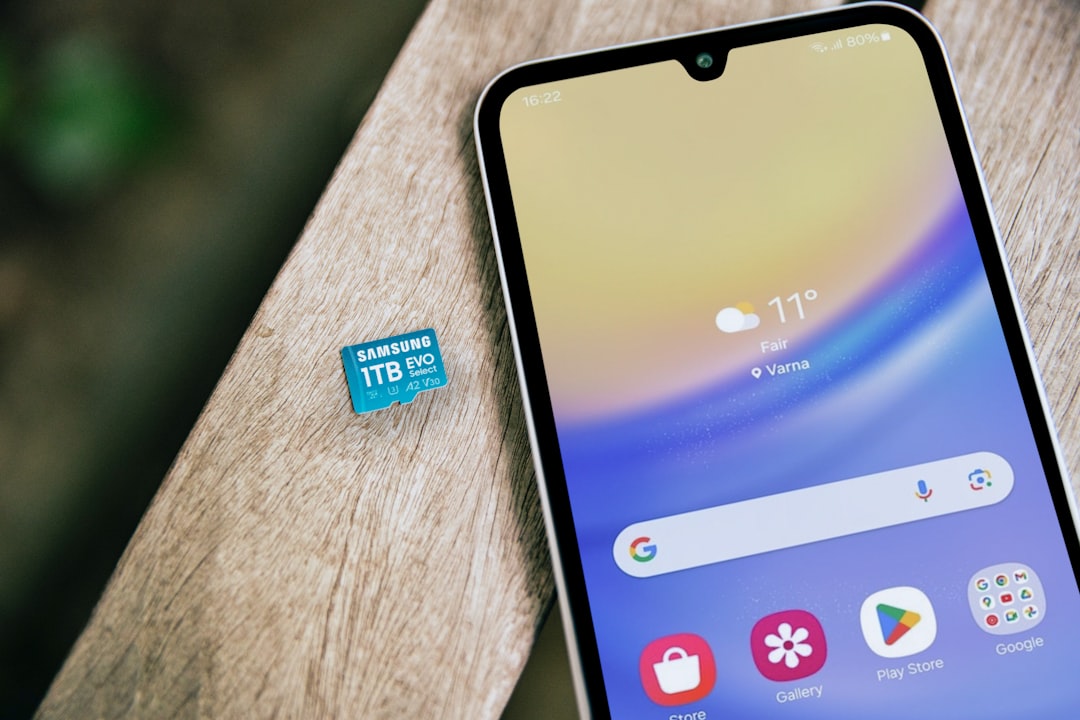Spam calls are a prevalent issue in Georgia, driven by advanced technologies and targeted by telemarketers and scammers. Residents can protect themselves by registering for the National Do Not Call Registry, utilizing call-blocking apps and device settings, reporting suspicious calls, and staying informed about common scams. Legal protections like the TCPA exist, but enforcing them is challenging. By taking these proactive steps, Georgians can significantly reduce unwanted spam calls.
Spam calls are a pervasive issue for Georgia residents, causing annoyance and potentially posing security risks. This article delves into the prevalence of spam calls across the state, exploring common sources and types while providing insights into legal protections available to Georgians. We offer practical strategies to effectively combat these unwanted calls and direct readers to essential resources for further action. Discover how you can protect yourself and contribute to a quieter, safer Georgia by learning ‘How to Stop Spam Calls Georgia’.
Understanding Spam Calls: The Georgia Context

Spam calls, a ubiquitous and often annoying phenomenon, have become a significant concern for residents across Georgia. These unwanted phone calls, filled with pre-recorded messages or automated scripts, are designed to promote products, services, or even fraudulent schemes. In Georgia, as in many other states, the prevalence of spam calls has led to widespread frustration among citizens, who find themselves bombarded with these persistent and often deceptive communications.
Understanding how to stop spam calls is a pressing issue for Georgians. While comprehensive legislation exists to combat spam, including the Telephone Consumer Protection Act (TCPA), enforcement can be challenging due to evolving call technologies. Residents are encouraged to take proactive measures such as registering their phone numbers on Do Not Call lists, utilizing consumer protection resources offered by state and federal agencies, and adopting privacy settings on communication devices to mitigate the impact of spam calls.
Common Sources and Types of Spam Calls in GA

Spam calls have become a widespread issue for Georgia residents, with various sources and types plaguing the state. Common culprits include telemarketing scams, fraudulent offers, and rogue businesses targeting area codes specific to Georgia. These calls often pose as legitimate organizations, offering everything from fake travel deals to phony prize giveaways.
To mitigate this problem, Georgians can take proactive steps such as registering their numbers on the National Do Not Call Registry, downloading call-blocking apps, and being cautious of unknown numbers. Additionally, educating oneself about common scams and reporting suspicious calls to relevant authorities can significantly reduce the frequency of spam calls in Georgia.
Legal Protections for Georgia Residents Against Spam

Georgia residents are protected by state and federal laws aimed at combating spam calls. The Telephone Consumer Protection Act (TCPA) grants consumers the right to sue for damages if they receive unsolicited phone calls from automated dialing systems or prerecorded messages. In Georgia, the Attorney General’s Office actively investigates complaints related to spam calls, and violators can face significant fines.
To stop spam calls in Georgia, residents can take several steps, including registering their phone numbers on the state’s Do Not Call list, blocking unknown callers, and reporting suspicious calls to the Attorney General’s Office. Additionally, using call-blocking apps or purchasing a noise cancellation device can further mitigate the issue.
Practical Strategies to Stop Spam Calls Effectively

Spam calls are a widespread issue in Georgia, but there are practical strategies residents can employ to stop them effectively. One of the most popular methods is registering on the National Do Not Call Registry. This federal list restricts telemarketers from calling residential phone numbers for promotional purposes. By signing up, Georgians can significantly reduce the volume of unwanted calls they receive.
Additionally, updating call settings on mobile devices and landlines can help. Most modern phones offer options to block unknown or spammy numbers. Installing dedicated call-blocking apps is another effective solution, as these tools learn to identify and prevent spam calls from reaching your device. Regularly reviewing and updating these settings ensures maximum protection against evolving spamming techniques.
Resources and Next Steps for Fighting Spam in Georgia

Georgia residents can take several proactive steps to combat spam calls and protect their privacy. Firstly, familiarize yourself with the state’s anti-spam laws. The Georgia Department of Law offers comprehensive resources on how to file a complaint against spammer activities. By reporting these unwanted calls, you contribute to building a stronger case for stricter regulations.
Additionally, consider implementing robust call blocking features on your devices. Many modern phone models and apps come equipped with tools to identify and block spam numbers. You can also explore third-party applications specifically designed to filter out these bothersome calls. Learning about caller ID techniques and staying updated on emerging trends in spamming will further empower you to stay ahead of these persistent intruders.






